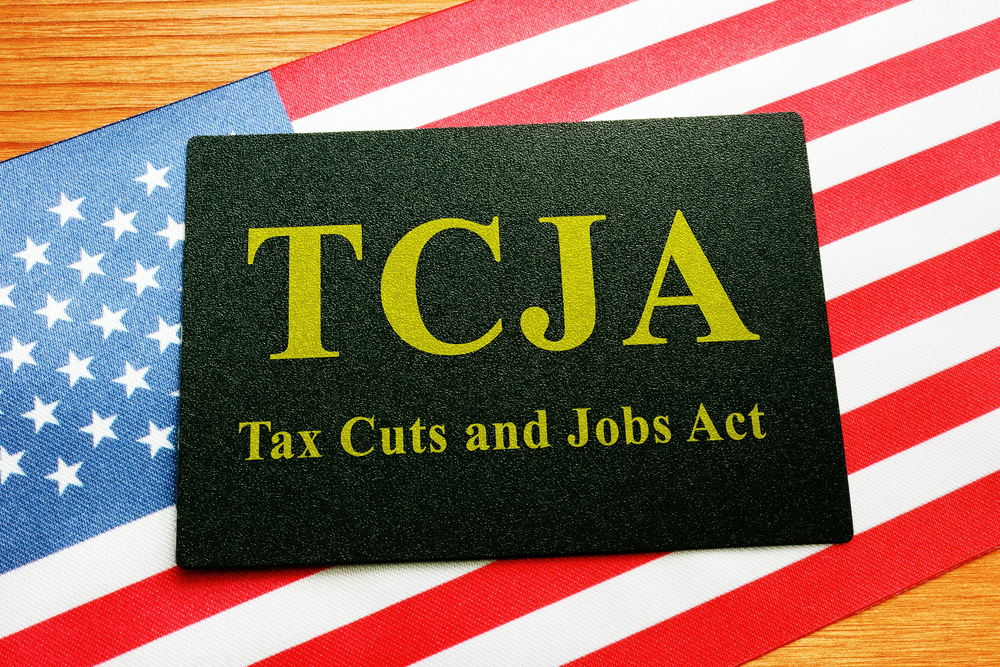Many of the individual taxpayer provisions in the 2017 Tax Cuts and Jobs Act (TCJA) are set to expire on December 31, 2025. While the outcome of the election could play a key role in extending the TCJA, for now, the future remains uncertain.
Tax Rates And Brackets Will Revert To Pre-TCJA Levels
One change ushered in by the TCJA was lower individual income tax rates across the board. When it expires, rates will increase, potentially resulting in higher taxes for many taxpayers. For example, those in the 12% bracket would see their rate increase to 15%, while those in the top 37% tier would return to the previous 39.6%. Unless the tax cuts are extended, federal workers and retirees might pay 1% to 4% more in personal taxes even if their taxable income remains the same.
Decreased Standard Deduction
The TCJA almost doubled the standard deduction, enabling an estimated 90% of taxpayers to skip itemizing their deductions. For single filers, it increased from $6,350 in 2017 to $12,000 in 2018 (and has been adjusted for inflation since). If the TCJA expires, the standard deduction will significantly decrease, leading to lower automatic deductions and potentially higher taxable income.
Lower Child Tax Credit
Under the TCJA, the child tax credit was increased from $1,000 to $2,000 per qualifying child. After 2025, it is expected to revert to $1,000. The phase-out income thresholds (at which the credit begins to phase out) would also revert to lower levels, meaning fewer families would be eligible for the full credit.
Elimination Of The SALT Cap
The deduction for state and local taxes (SALT) was capped at $10,000 under the TCJA. This adversely affected those living in states with high property and income taxes. If the cap is lifted, you may be able to take the full SALT deduction for all state and local property taxes and income taxes.
Reduced State Tax Exemption
Another expiring provision of the TCJA is the increased estate tax exemption (the amount of wealth that can be passed on tax-free) that was doubled to $11.2 million per individual ($22.4 million per couple). After 2025, the exemption will likely drop back to about half that level, potentially subjecting more estates to taxation.
To learn more about the upcoming tax changes and how they could affect your financial plans, speak with an FRC® trained advisor.



